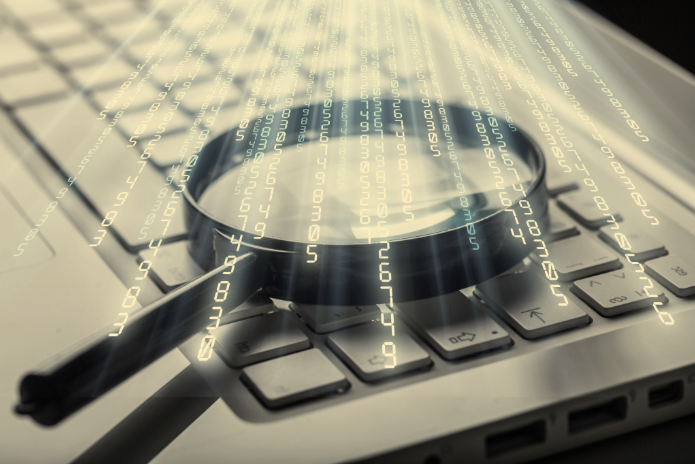In an increasingly connected world, cybersecurity has become a priority for individuals and businesses, especially in a country with a high number of attacks on organizations’ networks and systems. In this scenario, encryption emerges as one of the tools to ensure the protection of sensitive data collected by these institutions.
What is encryption?
Encryption is the process of transforming readable information into codes that can only be deciphered by those who have the correct key. This technique is used to protect confidential data, such as passwords, banking information, and private communications, from unauthorized access.
Why is encryption essential for cybersecurity?
Cybersecurity promotes the protection of computer systems against network breaches, hardware, software, and electronic information theft. Encryption is a part of this set of practices. It acts as a virtual barrier, and through it, even if the data is intercepted, it remains unreadable to the intruders. Its structure can be done in two ways:
Symmetric Cryptography: uses the same key to convert and decrypt files.
Asymmetric Cryptography: uses a pair of keys – a public one (for encryption) and a private one (for decryption). It is widely applied in secure communications, such as SSL/TLS on sites.
Furthermore, this technology is also essential for VPNs, secure cloud storage, and platforms with two-factor authentication.
What does cryptography provide for companies?
Carlos Henrique Mencaci, CEO of Digital Helper + Assine Bem, sees the adoption of this technology in the company as an essential concern. “Rarely will a business be disconnected. This digital market dynamics, despite agility and modernization, demands double protection. Therefore, valuing tools with cryptography is essential in the routine of an organization that ensures reliability for those who are connected to an institution,” he argues. Understand what benefits it provides for an entity:
Protection of sensitive data: various companies deal with confidential information, such as customer data or industrial secrets. They rely on it to prevent leaks.
Compliance with privacy laws: regulations like LGPD (General Data Protection Law) in Brazil require the use of it to protect personal information.
Prevention of cyber attacks: encryption makes it difficult for hackers to access sensitive systems and elements, even when security breaches occur. Brazil is the country with the most cyber attacks in the world, behind it are Mexico and Ecuador. In a 12-month period, more than 700 million cases were recorded, totaling 1,379 per minute, according to the Threat Landscape for Latin America 2024, from Kaspersky.
Integrity and authenticity: besides maintaining confidentiality, this barrier ensures the integrity of files altered during their transmission.
How to encrypt files?
This transformation in security starts with adapting manual procedures to the electronic medium, such as moving and storing physical documents to digital. These papers are often sources of sensitive information, so they should be a priority in the protection scheme.
In this sense, the president recommends the use of platforms to manage and preserve these files. “Transferring documentation to the online is an essential update. However, it is not enough to save them anywhere. It is necessary to start using cloud storage on a platform, such as Digital Helper + Assine Bem, which ensures the integrity of files through end-to-end encryption,” concludes.








